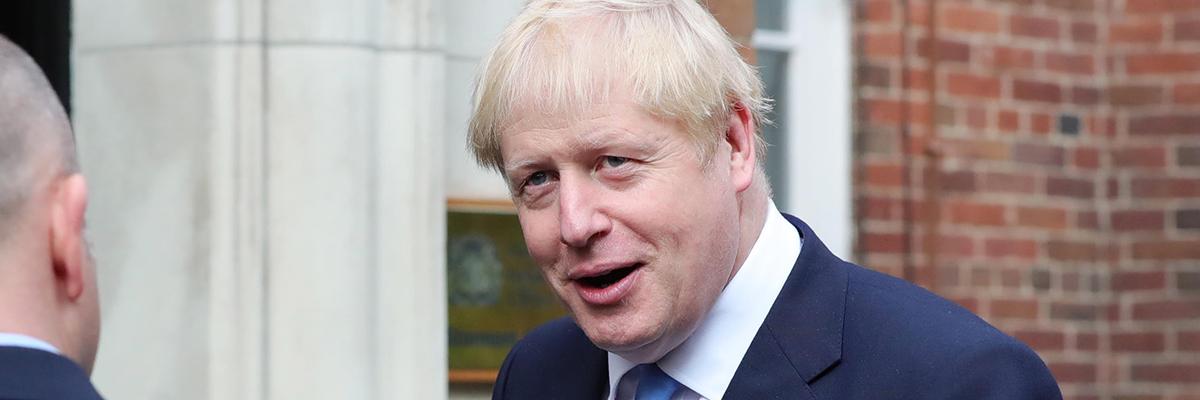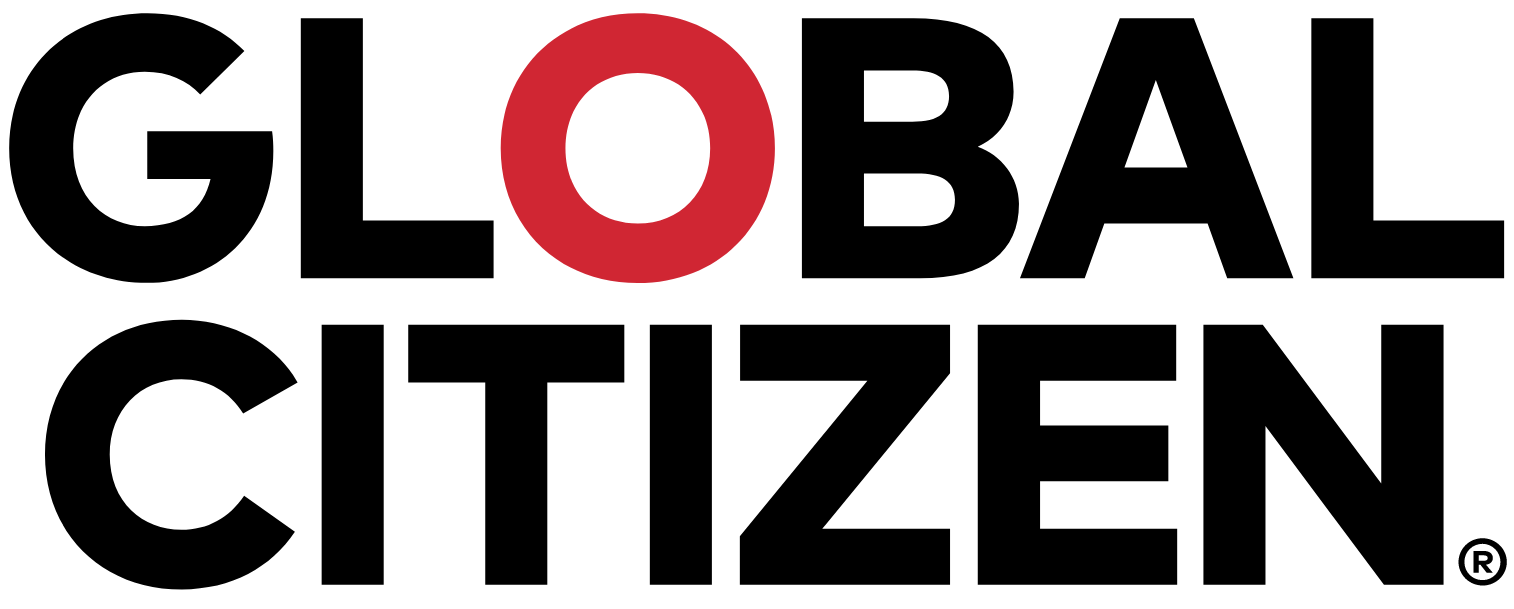How Many COVID-19 Vaccines Has the UK Actually Donated to Poorer Countries?

In Britain, 65 million jabs have been administered in total, meaning 59% have received a first dose.
But the World Health Organization (WHO) has said that while 1 in 4 people in rich countries have had at least one vaccine, for poor countries, that number is closer to 1 in 500.
So what is Britain doing about it?
Prime Minister Boris Johnson certainly talks a good game: in February, he pledged to G7 leaders that the UK would share every single one of its surplus vaccines to poorer countries.
But four months on, not one single vaccine has been shared.
The official government line is that while the UK continues vaccinating its adult population, it has no surplus vaccines. But UNICEF has said that it can start sharing vaccines immediately, and still remain on track to vaccinate every adult by the end of July.
In fact, the UK could fully vaccinate 50 million people right now — more than double the number of unvaccinated health workers in vulnerable countries — without leaving any adult in the UK short, according to UNICEF.
It is still unclear whether the UK intends to donate its surplus vaccines, or sell them.
It comes as as Sir Jeremy Farrar — one of the UK's top scientists as head of the Wellcome Trust — joined forces with Steven Waugh, executive director of UNICEF UK, to call on Johnson directly to immediately share 20% of the UK's surplus vaccines.
In an open letter published on Friday, the pair highlighted the promise Johnson made in February, and urged him to show "historic leadership" ahead of the G7 Summit hosted by the UK in Cornwall next week.
“The truth is, the UK cannot afford not to share its vaccines," the letter reads. "The world won’t be safe while any single country is still fighting the virus. Failing to act now risks reversing our hard-won progress.”
On Wednesday, the UK missed another big opportunity to come forward and share vaccines.
There was a global summit, hosted by Japan, calling on world leaders to do more to share vaccines with COVAX, a facility set up the WHO, the Coalition for Epidemic Preparedness Innovations (CEPI), and Gavi, the Vaccine Alliance, to get vaccines to the world’s poorest countries.
It was called the Gavi COVAX Advance Market Commitment Summit. But while Japan, Belgium, Denmark, Spain, and Sweden all pledged to share vaccine doses, the UK did not come forward with any pledges.
Although the UK has previously provided financial support to COVAX — putting forward £250 million from its aid budget earlier in the year — that means the total number of vaccines the UK has shared to address the urgent short-term need comes to a big fat zero.
In total, the UK has ordered 500 million vaccines, from seven different manufacturers, of which only four are currently approved by regulators. That’s enough to vaccinate its population of 66 million people more than seven times over. But while organisations and experts from all over the country have urged vaccines to be shared immediately, the world is still waiting.
After 127,782 deaths in the UK, the daily death rate is at an all time low — symbolic of a corner finally being turned after a year where the National Health Service (NHS) nearly collapsed from unprecedented pressure — and then stepped up to deliver the biggest vaccine drive in its history.
But while this should be celebrated, it is far from the reality facing much of the rest of the world.
Until countries like Britain do share what they have, the pandemic will continue. There will be more cases of COVID-19, more health systems unable to cope with the pressure, more variants of the virus, and more of a chance that a mutation will find a way around the vaccines.
That’s why Johnson can’t waste a moment. Help us call on him to keep his promise and urgently donate the UK’s surplus vaccines here.

